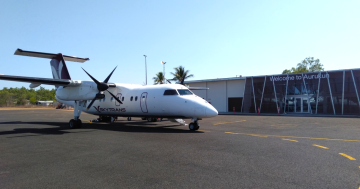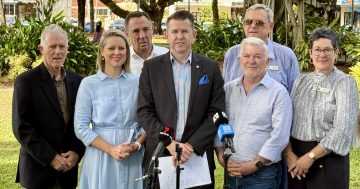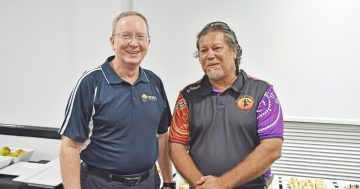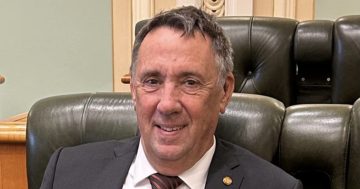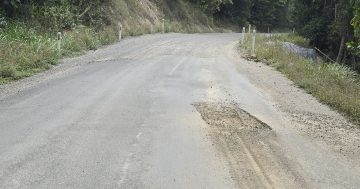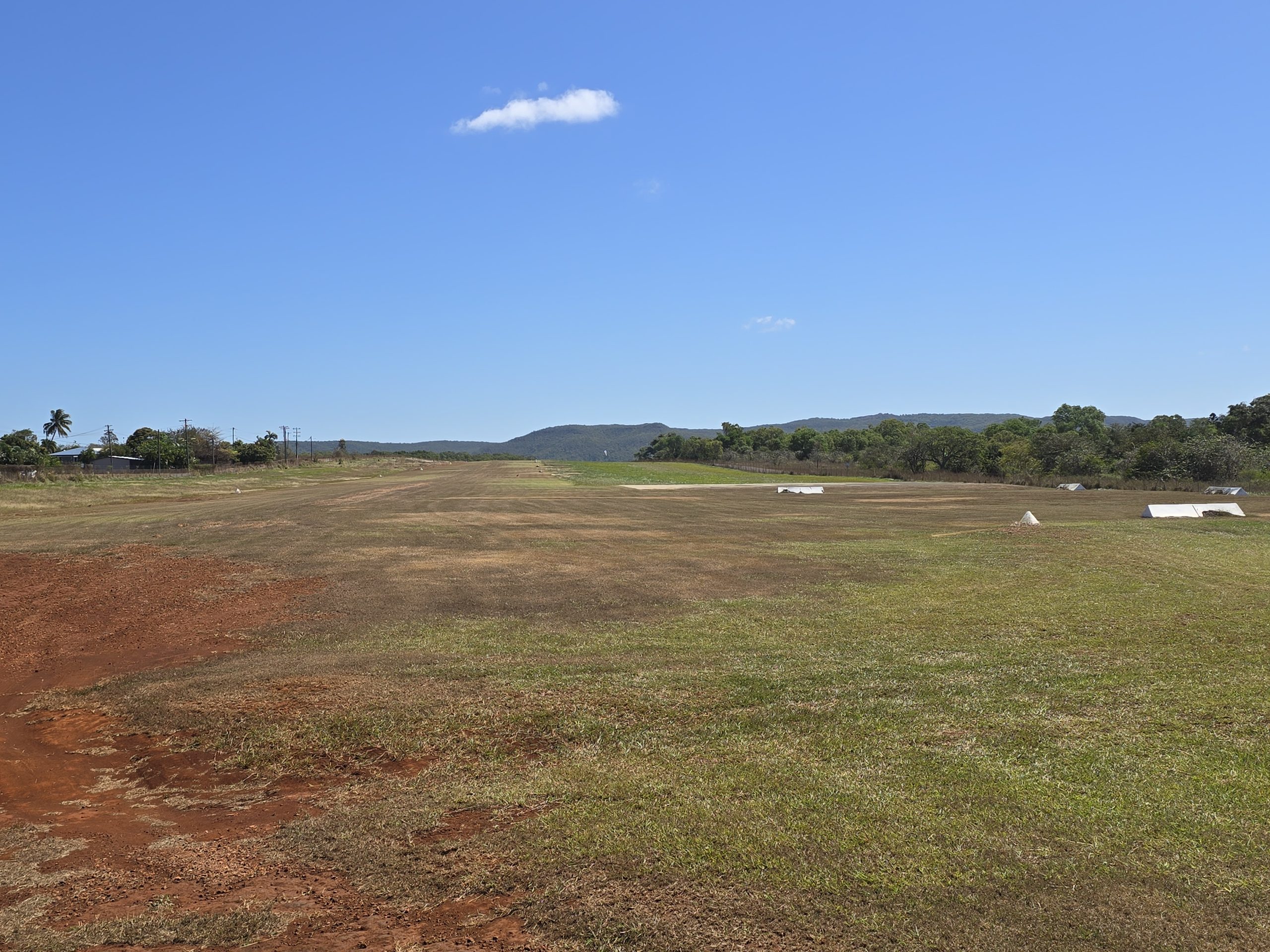
Hope Vale’s airstrip will receive a $5.13 million funding boost through the Crucial Access Links Program to improve flood immunity for the critical community infrastructure. Photo: Cape York Weekly.
Six remote Cape York and Torres Strait local governments will share more than $48 million in joint federal and state funding aimed at boosting the resilience of critical community infrastructure.
The Crucial Access Links Program is being funded through efficiencies realised under Disaster Recovery Funding Arrangements (DRFA), and will safeguard transport linkages and access routes for rural and remote communities, aiding connectivity and emergency response during disasters.
Hope Vale Aboriginal Shire Council will receive $10.56m for two key projects – flood immunity upgrades for the Everlina Bridge and community airstrip.
On western Cape York, Kowanyama Aboriginal Shire Council will get $7.95m to rehabilitate infrastructure at the Kowanyama aerodrome, while Mapoon Aboriginal Shire Council will give its local airstrip a $2m upgrade.
Lockhart River Aboriginal Shire Council has received $714,000 for a chlorine dosing and analysis system, and a self-bunded fuel storage tank upgrade.
The Northern Peninsula Area Regional Council has been successful in receiving $18.16m in funding to upgrade the runaway of the Northern Peninsula Airport, with the Boigu Island Airport apron set for a $7.5m upgrade through the Torres Strait Island Regional Council.
Queensland Minister for Disaster Recovery Ann Leahy said all Queenslanders deserved to feel safe from severe weather, no matter where they lived.
“Some of our most remote communities can be isolated for weeks following an extreme weather event,” she said.
“When cyclones or flooding make infrastructure like airstrips and boat ramps inaccessible, getting food, water and medical supplies to impacted Queenslanders becomes very difficult.
“This … investment in Queensland’s rural and remote areas will help safeguard communities and keep them connected in a disaster or period of isolation.”
Federal Minister for Emergency Management Kristy McBain said the councils had identified the key infrastructure that the funding would help improve ahead of future natural disasters.
“In response to the increasing severity and frequency of recent disasters, we’re ensuring that wherever someone lives they can rely on the crucial infrastructure assets in their area,” she said.
“These councils have identified the lessons from challenges that isolation can pose, and we know that strengthening these access points will make it easier for authorities to deliver essential supplies when they’re needed most.”


